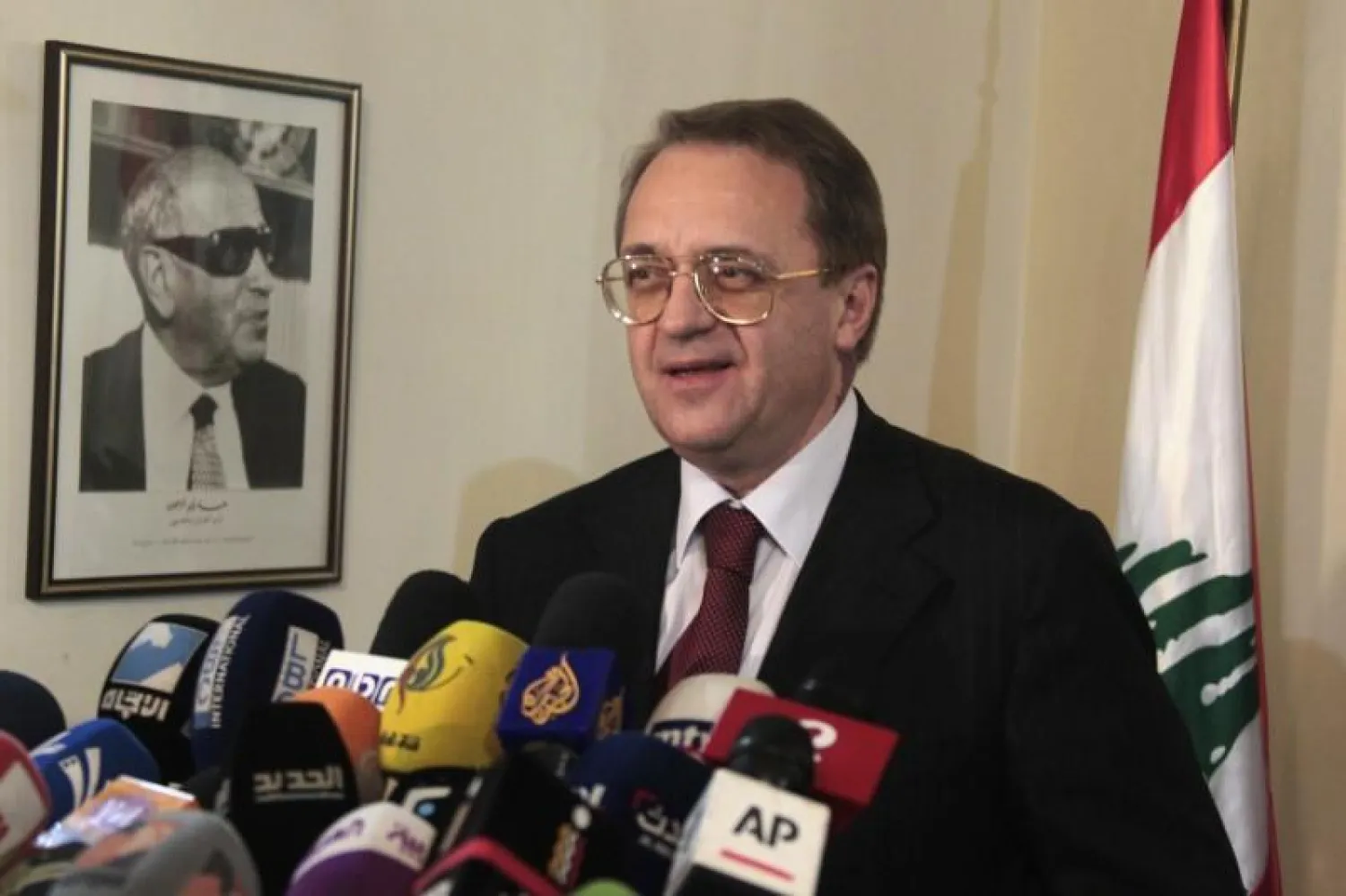George Shaaban, Advisor to the Prime Minister-designate Saad Hariri, denied claims that Russia intended to halt its plan for the return of the Syrian displaced, noting that some new steps would be made in the coming days.
Shaaban, a member of the Lebanese committee appointed by the foreign ministry to discuss the issue of the return of the displaced, told Asharq Al-Awsat that he met on Thursday in Moscow with the Russian president’s representative for the Middle East and African countries, Deputy Foreign Minister Mikhail Bogdanov, who assured him that the Russian plan for the return of the displaced persons was in full swing.
Well-informed sources said that new steps would be made next week after the end of the meetings of the UN General Assembly in New York, where the Russian plan was discussed at the meetings of a number of countries concerned with the Syrian file.
Meanwhile, Minister of State for Displaced Affairs Moein al-Merhebi linked the progress of the Russian plan with the change of the European and American positions regarding their support for the reconstruction of Syria.
The minister told Asharq Al-Awsat that the current circumstances “do not suggest the possibility of launching the plan in a short time unless there is a change in the position of Europe and the United States, after they refused to finance the reconstruction of Syria” – a development that will hinder the return of the displaced, according to Merhebi.
Around 4,100 people have voluntarily returned to Syria upon the initiative of the General Security since last June.









